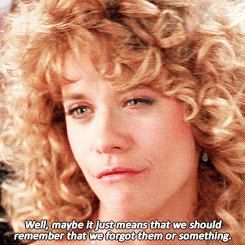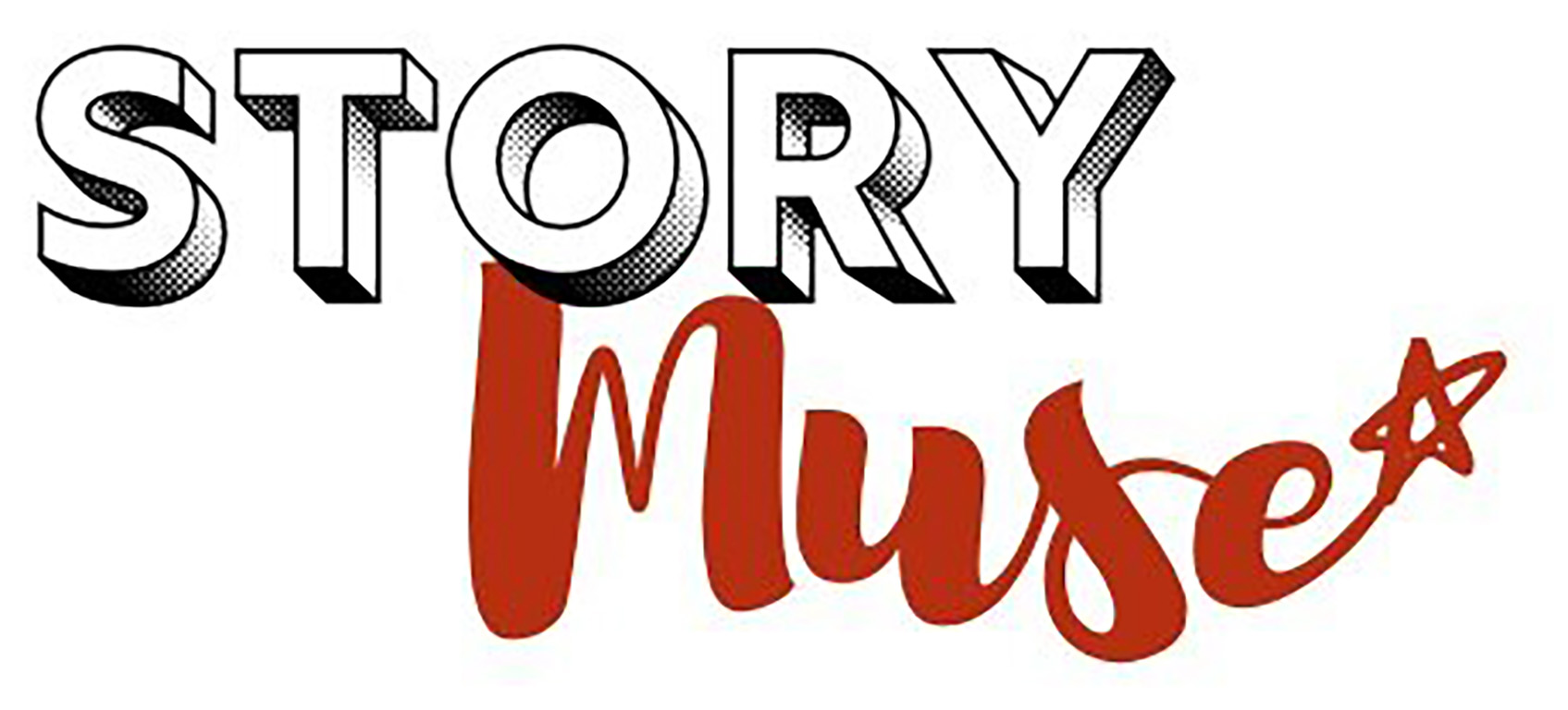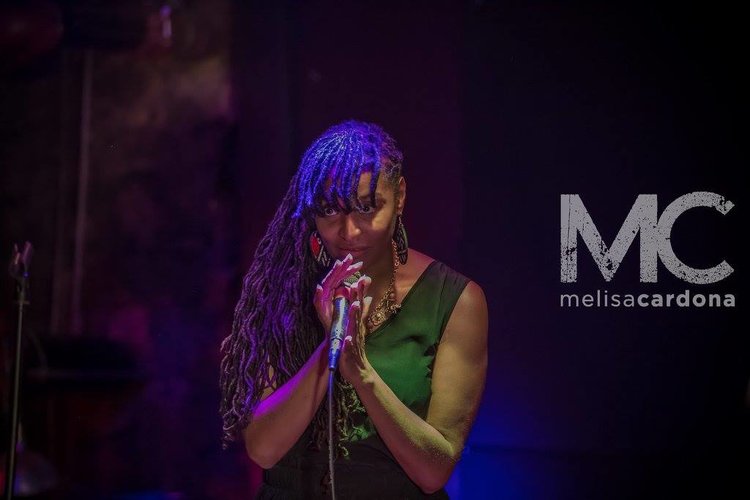- So you make videos?
- So you’re a marketer?
- So you do social media?
- So you’re a writer?
Almost no one automatically knows what I mean.
I find myself internally shaking my head a bit. Storytelling is literally the oldest art form. Before we drew cave paintings on walls, before the first song was sung or dance choreographed, we stood around campfires and told each other epic tales that we escaped from that day.
Although it may come to some more naturally, I feel like about 40% of my work is just reminding people of a skill they’ve always had. That humans have always had.
When I coach people, I have this mantra I say to them over and over:
It’s your story. You can’t get it wrong.
(subtitle: but you can tell it better)
We live in a world that steals our stories away from us and sells them back a little bit at a time. Whether it’s Disney or Netflix, Facebook or Instagram Influencers, there are billion dollar industries out there making all their money by tacitly convincing us to stay at home, inside, isolated and afraid, so we will keep buying stuff.
We used to know how to do this. We could stand around those fires, sit around on porches and in parlors, and share our stories for free.
Not only is it important for us to remember that storytelling is our first and most accessible form of cultural sharing, these days, in a world of fake news and alternative facts, we need to understand that sharing our stories is the most effective form of persuasion and connection.
As Yo-Yo Ma says in this beautiful piece about sharing our stories, “Culture tells a story that’s about us, about our neighbors, about our country, our planet, our universe, a story that brings all of us together as a species.”
When we remember what we’ve always known, then we can start to build bridges, instead of walls. We can be who we truly are, our most brave and authentic selves.
[/et_pb_text]I love this scene at the end of When Harry Met Sally. Harry wonders who the acquaintances are we should remember when we sing Auld Lang Syne.

Sally replies that perhaps we should just remember that we forgot them.

Ever since I started my story coaching practice, I’ve found this thing happens to me over and over. When someone asks me what I do, and I reply, “I’m a storyteller.” It often follows with a bevy of questions or remarks…
- So you make videos?
- So you’re a marketer?
- So you do social media?
- So you’re a writer?
Almost no one automatically knows what I mean.
I find myself internally shaking my head a bit. Storytelling is literally the oldest art form. Before we drew cave paintings on walls, before the first song was sung or dance choreographed, we stood around campfires and told each other epic tales that we escaped from that day.
Although it may come to some more naturally, I feel like about 40% of my work is just reminding people of a skill they’ve always had. That humans have always had.
When I coach people, I have this mantra I say to them over and over:
It’s your story. You can’t get it wrong.
(subtitle: but you can tell it better)
We live in a world that steals our stories away from us and sells them back a little bit at a time. Whether it’s Disney or Netflix, Facebook or Instagram Influencers, there are billion dollar industries out there making all their money by tacitly convincing us to stay at home, inside, isolated and afraid, so we will keep buying stuff.
We used to know how to do this. We could stand around those fires, sit around on porches and in parlors, and share our stories for free.
Not only is it important for us to remember that storytelling is our first and most accessible form of cultural sharing, these days, in a world of fake news and alternative facts, we need to understand that sharing our stories is the most effective form of persuasion and connection.
As Yo-Yo Ma says in this beautiful piece about sharing our stories, “Culture tells a story that’s about us, about our neighbors, about our country, our planet, our universe, a story that brings all of us together as a species.”
When we remember what we’ve always known, then we can start to build bridges, instead of walls. We can be who we truly are, our most brave and authentic selves.




Trackbacks/Pingbacks